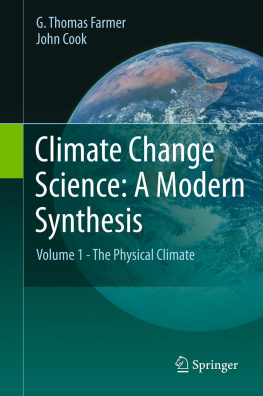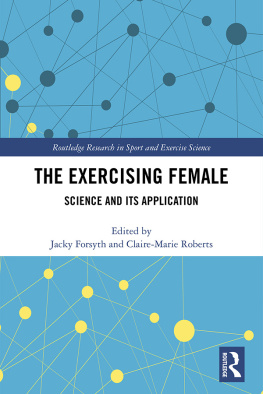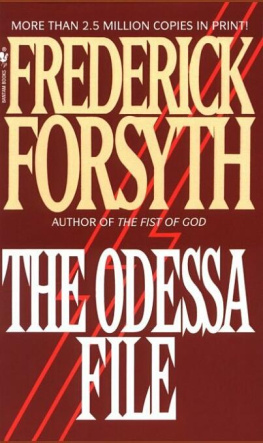Thomas Forsyth Hunt - The Young Farmer
Here you can read online Thomas Forsyth Hunt - The Young Farmer full text of the book (entire story) in english for free. Download pdf and epub, get meaning, cover and reviews about this ebook. year: 2016, publisher: CreateSpace Publishing, genre: Science. Description of the work, (preface) as well as reviews are available. Best literature library LitArk.com created for fans of good reading and offers a wide selection of genres:
Romance novel
Science fiction
Adventure
Detective
Science
History
Home and family
Prose
Art
Politics
Computer
Non-fiction
Religion
Business
Children
Humor
Choose a favorite category and find really read worthwhile books. Enjoy immersion in the world of imagination, feel the emotions of the characters or learn something new for yourself, make an fascinating discovery.

- Book:The Young Farmer
- Author:
- Publisher:CreateSpace Publishing
- Genre:
- Year:2016
- Rating:3 / 5
- Favourites:Add to favourites
- Your mark:
- 60
- 1
- 2
- 3
- 4
- 5
The Young Farmer: summary, description and annotation
We offer to read an annotation, description, summary or preface (depends on what the author of the book "The Young Farmer" wrote himself). If you haven't found the necessary information about the book — write in the comments, we will try to find it.
The Young Farmer — read online for free the complete book (whole text) full work
Below is the text of the book, divided by pages. System saving the place of the last page read, allows you to conveniently read the book "The Young Farmer" online for free, without having to search again every time where you left off. Put a bookmark, and you can go to the page where you finished reading at any time.
Font size:
Interval:
Bookmark:

Imperial man! Co-worker with the wind And rain and light and heat and cold, and all The agencies of God to feed and clothe And render beautiful and glad the world! Stockard |
| CHAPTER | PAGE |
| I | essentials of success |
| II | means of acquiring land |
| III | farm organization |
| IV | opportunities in agriculture |
| V | where to locate |
| VI | size of farm |
| VII | selection of farm |
| VIII | the farm scheme |
| IX | the rotation of crops |
| X | the equipment |
| XI | how to estimate profits |
| XII | grain and hay farming |
| XIII | the cost of farming operations |
| XIV | the place of intensive farming |
| XV | reasons for animal husbandry |
| XVI | returns from animals |
| XVII | farm labor |
| XVIII | shipping |
| XIX | marketing |
| XX | laws affecting land and labor |
| XXI | rural legislation |
| XXII | rural forces |
Font size:
Interval:
Bookmark:
Similar books «The Young Farmer»
Look at similar books to The Young Farmer. We have selected literature similar in name and meaning in the hope of providing readers with more options to find new, interesting, not yet read works.
Discussion, reviews of the book The Young Farmer and just readers' own opinions. Leave your comments, write what you think about the work, its meaning or the main characters. Specify what exactly you liked and what you didn't like, and why you think so.











